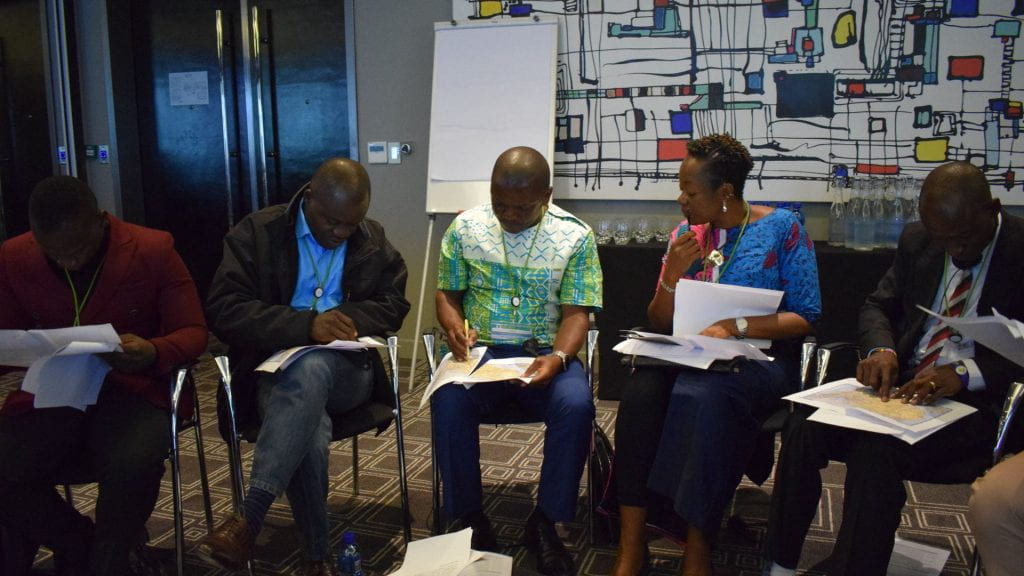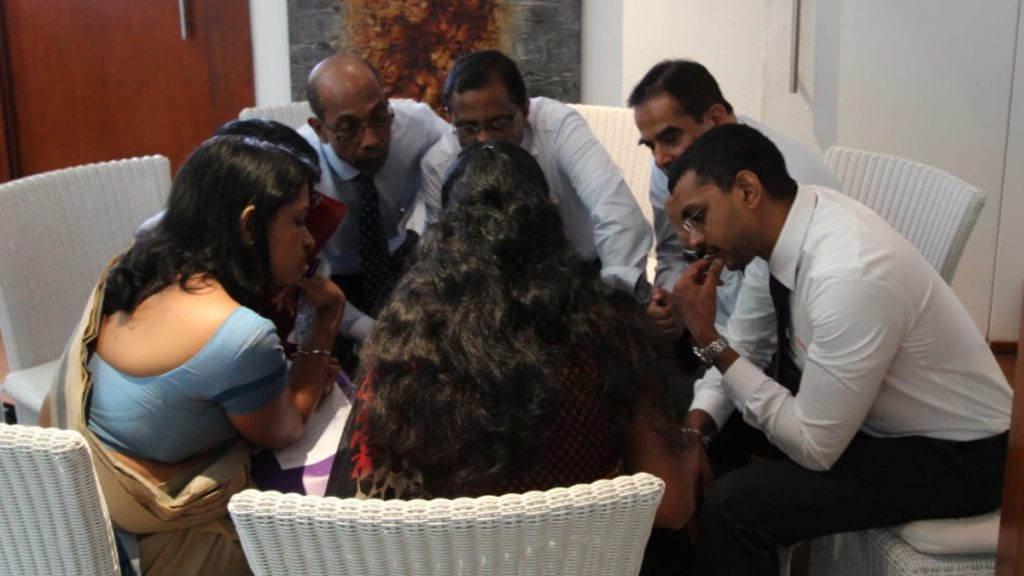written by Tim O’Brien and Salimah Samji We launched a pilot course entitled “The Practice of PDIA: Adapting to Climate Change,” in September 2017. This was our first attempt at customizing our free, PDIA online course to a specific theme of development problems. Our motivations in choosing climate change adaptation as an anchor for the…Continue Reading PDIA and Climate Change Adaptation
Introducing The PDIA in Practice Series

written by Matt Andrews We have a small team in Pretoria this week for the second year of PDIA work with the Collaborative African Budget Initiative (CABRI). The work with CABRI will see us working with 6 more African countries on public financial management reform problems. This experience will increase the number of teams that…Continue Reading Introducing The PDIA in Practice Series
New Book: Navigation by Judgment
We hosted Dan Honig a few weeks ago to discuss his new book published by Oxford University Press. Here are some highlights….Continue Reading New Book: Navigation by Judgment
Watch our new PDIA video!

We have been told many times that the acronym PDIA is clunky and that it doesn’t easily roll off the tongue. Matt Andrews’ response to that has been, “it doesn’t matter what you call it, it matters that you do it.” BUT in order to do it, you need to first understand what it is. We are…Continue Reading Watch our new PDIA video!
PDIA Course: Taking the classroom to the field and the field to the classroom
written by Salimah Samji When we launched the first PDIA online course in November 2015, we had a burning question: Is it possible to teach PDIA in an online environment? To answer this question, we essentially PDIA-ed our way forward by learning, iterating, and adapting our online course – and the answer is a resounding YES! As…Continue Reading PDIA Course: Taking the classroom to the field and the field to the classroom
PDIA for growth in Honduras: A student project with major promise
written by Matt Andrews We at the Building State Capability program have the good fortune of working with amazing practitioners from all over the world, and on topics of real importance. This semester, for instance, I am working with a team of three mid-career students from Latin America on a project applying the problem analysis…Continue Reading PDIA for growth in Honduras: A student project with major promise
Why are there so many mass shootings in the USA?
written by Matt Andrews, Mark Moore, Lant Pritchett and Salimah Samji This is a crowdsourcing effort to understand why … and to help foster a common response. Many governments lack the capabilities to play the roles needed for their countries to work well and prosper. These capabilities are often missing because policy-makers cannot agree on…Continue Reading Why are there so many mass shootings in the USA?
PDIA in Sri Lanka: Learning to Engage New Investors for Economic Diversification – Let’s Go Fishing!

written by Anisha Poobalan Meet the Investment Promotions team, a group of Sri Lankan government officials from various departments, experts in differing fields, and all novices at the daunting task ahead of them – attracting foreign investors to Sri Lanka. I had the privilege of working alongside the I-team as a coach and colleague for…Continue Reading PDIA in Sri Lanka: Learning to Engage New Investors for Economic Diversification – Let’s Go Fishing!
Register now for our free PDIA online course!
written by Salimah Samji <update>: Registration is currently closed for this course. We are delighted to announce that we will be offering The Practice of PDIA: Building Capability by Delivering Results once again, from February 4 – May 20, 2018. …Continue Reading Register now for our free PDIA online course!
Why do we persist so long with a reform approach that does not solve problems?
written by Kate Bridges and Michael Woolcock In Malawi, efforts at institutional reform have been numerous, earnest and longstanding. Since 1966, there have been more than three times as many World Bank projects with ‘institutional reform’ content as there have been in any other thematic or sectoral category. In a recent paper, we argue that these…Continue Reading Why do we persist so long with a reform approach that does not solve problems?